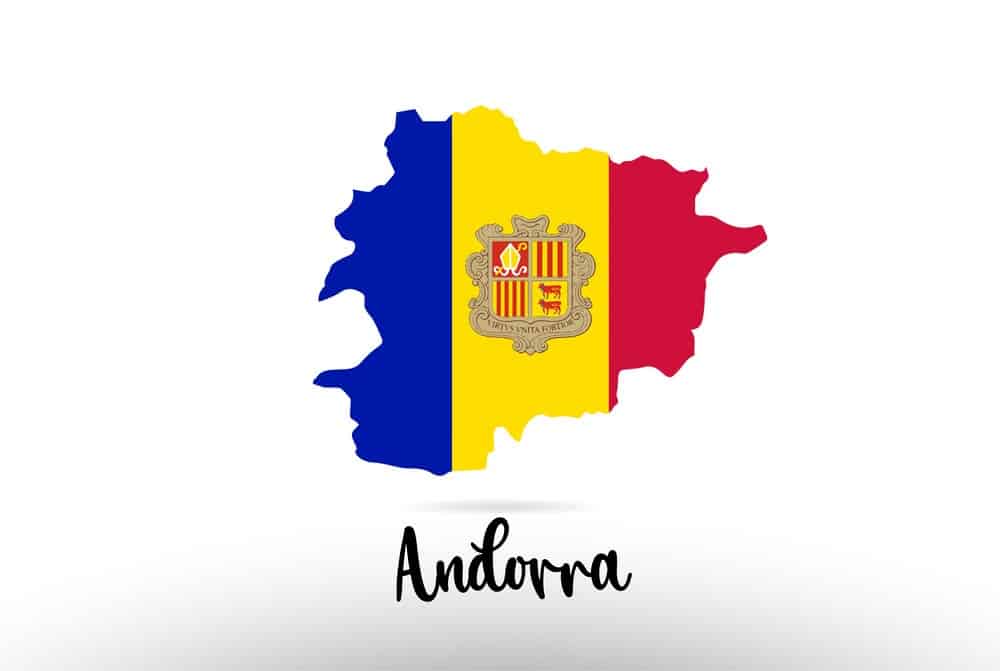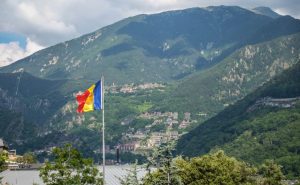Metro
Andorra: A Small Country with a Long History

Andorra is a small country in the Pyrenees mountains between France and Spain. It was founded as a buffer state by Charlemagne in the 9th century to protect the Frankish empire from the Muslim invaders. It was ruled by the count of Urgell until 988, when it was transferred to the bishop of Urgell. In 1278, a charter established Andorra as a principality with two co-princes: the bishop of Urgell and the French heir of the count of Urgell. This arrangement has lasted for more than 700 years, making Andorra one of the oldest states in Europe.
See population, official language and more…

Andorra
Andorra claims to be the last independent survivor of the Marca Hispanica, the buffer states created by Charlemagne to keep the Islamic Moors from advancing into Christian France. Tradition holds that Charlemagne granted a charter of liberties to the Andorran people in return for their fighting the Moors. The first document that mentions Andorra is an act of donation from 839, in which Charles the Bald, son of Charlemagne, gave the valleys of Andorra to the count of Urgell. The count later ceded his rights to the bishop of Urgell in 988.
The charter of 1278 established a feudal system in Andorra, in which the co-prince’s shared sovereignty, rights and duties over the territory. The co-princes also appointed representatives called veguers to administer justice and collect taxes. Andorra remained largely isolated from the rest of Europe until the 19th century, when it was affected by the Napoleonic wars, the Carlist wars and the Spanish Civil War.
Andorra declared its neutrality in both World Wars and was not invaded by Nazi Germany. Andorra adopted its first constitution in 1993, which transformed it into a parliamentary democracy with a multi-party system. The co-princes remained as symbolic heads of state, but their powers were reduced and balanced by an elected parliament called the General Council. Andorra joined the United Nations in 1993, the Council of Europe in 1994 and the Eurozone in 1999. It also has special relations with France and Spain, as well as with other neighboring countries such as Portugal and Catalonia.





